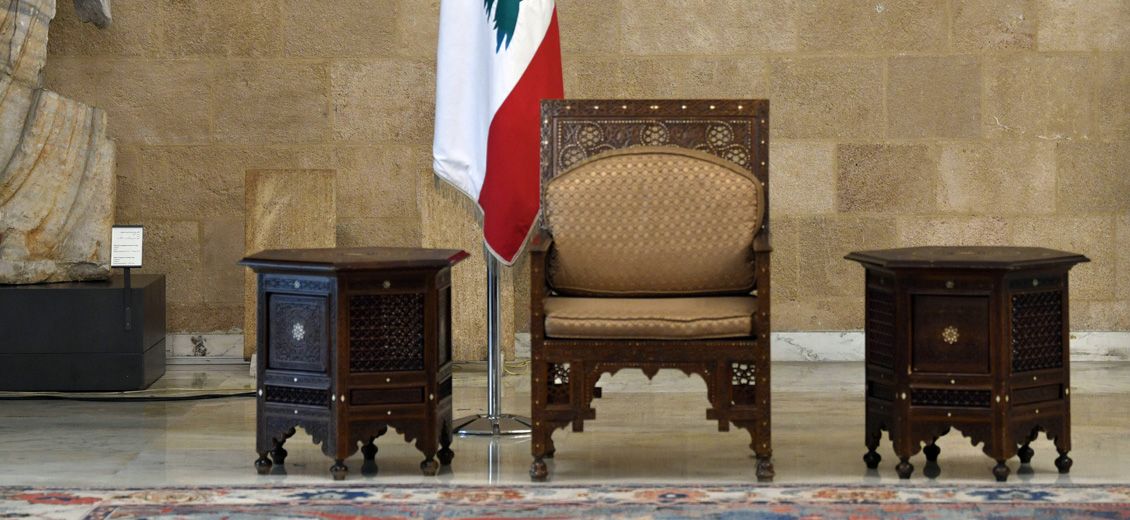
The trilateral meeting at Ain al-Tineh that brought together Parliament Speaker Nabih Berri, caretaker Prime Minister Najib Mikati and former Progressive Socialist Party (PSP) leader Walid Jumblatt has reignited discussions on candidates for the presidency. Despite the ongoing stalemate, the focus is now on finding a candidate capable of rallying the support of 86 MPs. Who might that candidate be?
The report published by Axios (an American news website) on Friday, referencing American officials, was particularly notable: both the United States and France are in favor of Army Commander-in-Chief General Joseph Aoun’s candidacy for the presidency. Some of the mention of General Joseph Aoun’s name is a clear signal that the international and Arab powers involved in the Lebanese situation, particularly those represented in the Quintet Committee, support the Army Commander for this position.
The names that have resurfaced in discussions include Major General Elias al-Baysari, former Foreign Minister Nassif Hitti, former Constitutional Council President Issam Sleiman and former Ambassador to the Vatican Brigadier General Georges Khoury. Additionally, MPs Ibrahim Kanaan and Neemat Frem have also emerged as potential candidates, with reports suggesting that the Lebanese Forces (LF) may announce the candidacy of MP Setrida Geagea for the presidency.
Despite the many names being circulated, the presidential situation looks bleak. The ongoing consultations or dialogue, though vague, aim to narrow the list of candidates to two at most. Parliament Speaker Nabih Berri’s ideal scenario is to reach a consensus on a single candidate. However, he understands that his candidate, Sleiman Frangieh, leader of the Marada Movement, is unlikely to secure this support. Deep down, Berri knows that Frangieh has effectively been sidelined from the realm of agreement and electoral process unless Hezbollah remains steadfast in supporting him as the sole presidential candidate. Furthermore, Hezbollah considers that it has the right to impose a president after its prolonged struggle with Israel, asserting that this will ultimately lead to a new victory, regardless of the outcome.
According to sources closely monitoring the Lebanese political landscape, discussions about a potential resolution to the presidential issue are disconnected from reality despite the surrounding commotion. Many political forces now prefer to wait until the military conflict's situation becomes clearer and Lebanon's future is defined before a president is elected. An election held in haste will not reflect the Lebanese people's aspirations for stability, tranquility, progress and prosperity. Any president elected under these circumstances, even if a government is formed amid an ongoing war, will have limited authority—particularly regarding decisions on war and peace. Currently, it is the Iranian Foreign Minister or his representatives in Lebanon who are effectively steering the situation, and it will not be permissible for the president and his government to engage in strategic matters related to the regional conflict, especially as the Lebanese people seek a ceasefire at any cost.
The sources further emphasized that electing a president should ideally follow or coincide with a long-term ceasefire agreement. This agreement would ensure calm along the southern borders and establish security arrangements to prevent any future war, in line with Resolution 1701 or similar frameworks. Only then would the country require a president and government capable of making decisions on war and peace, shaping Lebanon's foreign policy according to the country's interests and those of its people and establishing a State that enforces its laws uniformly. Adhering to the Constitution is crucial for politicians to counteract obstructionist tactics and free the country from its ongoing stalemate.



Comments